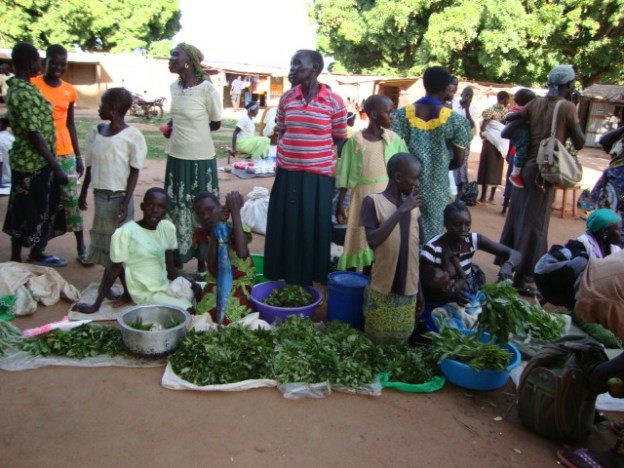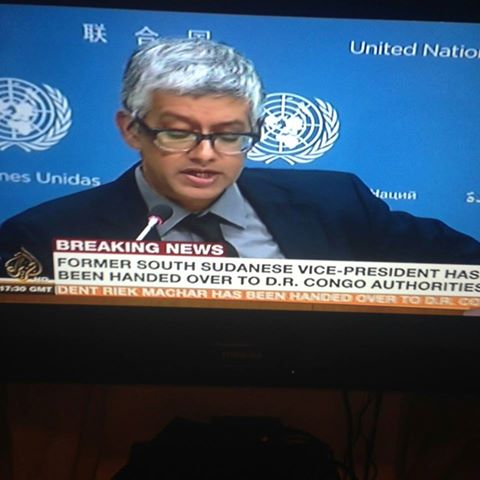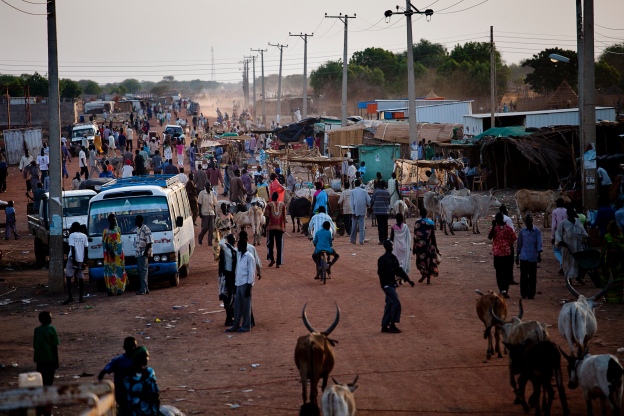On Monday November 27th in the afternoon, Pajut of Panyang county was attached by armed men who later were confirmed to be from Boma State; and on the morning of November 28, we woke up to the news of Duk-Payuel being under attack from the same criminals from Murle community. So far, over 40 people have been confirmed dead, more than 50 women and children abducted and countless herd of cattle stolen.
The most worrying part despite swift unofficial relay of the news of the attack via social media and other medium of communication, was little respond from neither the state security apparatus nor the United Nation Mission in South Sudan (UNMISS), which have a fully pledged contingent based in Bor town—the headquarters of Jonglei State.
This begs the question: is UNMISS mandate only the protection of urban dwelling South Sudanese and not those living in villages and yet vulnerable? Or does the UNMISS mandate provides for protection against particular crimes only?
The people of Greater Duk do not enjoy peace, whether in time of peace or war. Since the signing of the Comprehensive Peace Agreement (CPA) in 2005 to independence on July 9th, 2011, Duk-Padiet alone was attacked more than eight times with countless number of people killed and animals taken. On January 16th, 2012, 103 people, mainly elderly men and women were massacred in cold blood by criminals from the Murle community in Duk-Padiet. The motive of that attack was only to eliminate innocent people, a death they didn’t deserve.
At the height of the current conflict in 2014 and 2015, the whole of Duk County was a battlefield of Government and the SPLM/IO rebel forces, People were displaced and houses torched, with damage extending to felling of historical trees.
If the government and the UN are serious about ending perennial conflict relating to cattle rustling and child abduction in the former Jonglei State, which most the of the time is perpetuated by one community against the rest, the protection forces must be stationed in flashpoints for inter-ethnic strife.
Former Duk County borders Boma to the East and Nuer communities to the north and north-west. The army base in Pajut should be equipped all the times with the capacity to respond instantly to cattle rustlers and child abductors who often terrorize the people in that region.
The UNMISS should also establish a base in that area for early detection and recovery should such incidents like the one that has just happened in Panyang and Duk-Payuel occur. The Government and the UN should work on long-term solutions that will put an end to this. The Boma state administration should be equipped to help educate their people against the dangers of primitive practices like child abduction and trade. Social amenities should be provided: schools built for their children, health centers, water points among others. These will help in getting the needed buy-in on the part of the government and prompt the abolition of these vices.
The state government and the local administration of areas where criminals are identified to have originated must be held accountable to produce the criminals. If such heinous acts are left unpunished, any effort to stop them will never bear fruits leading to cycle of revenge and counter revenge.
The UN should organize another peace conference involving the Gawaar and Lou Nuer, Dinka Bor and the Murle, preferably to take place in Likuangole. The Murle were conspicuously absent from the recent Peace conference that brought together the Nuer and Dinka Bor in Duk-Padiet. A sustained peaceful negotiation among these tribes will be the only mean to end decades of recurring old feuds.
The government and the UNMISS should take immediate actions that must lead to the return of the stolen cattle and abducted children and women as well as arresting the ring leaders and chiefs of the criminals that attacked the two counties of Nyarweng section of Dinka Bor, this is the only way to reduce the chances of revenge. Any failure to take a concrete action might lead to further escalation of hostilities and futility of any future peace initiative.


 UN Flew Riek Machar to DRC Congo
UN Flew Riek Machar to DRC Congo 

